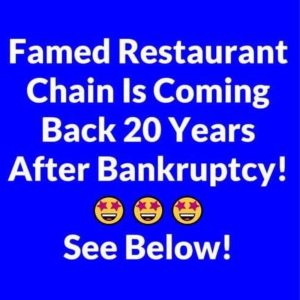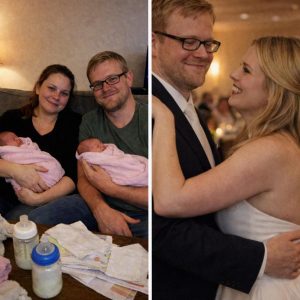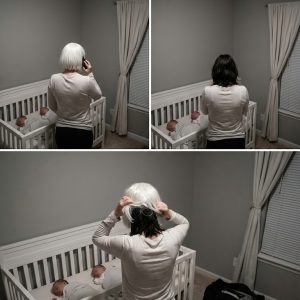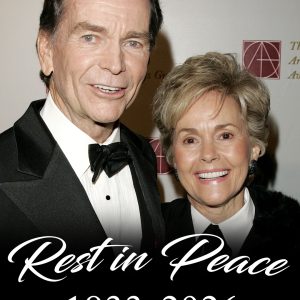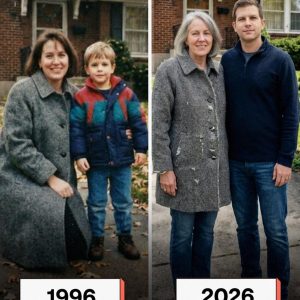I was down to twenty bucks and three packets of ramen when an unknown number lit up my phone. I almost let it go to voicemail, but something—hope, stupidity, fate—made me answer.
“Ms. Miller? This is Adrian Whitcomb, attorney,” said a crisp voice. “I’m calling about the estate of Diane Miller.”
My aunt. The family ghost who’d lived alone and died quietly a month ago. We hadn’t seen her in twenty years. I braced for forms to sign, fees to pay—anything costly.
Instead: “Your aunt left you a substantial sum.”
I sat on the edge of my mattress, heart pounding. Then he added, “There’s a condition. Unusual. In a sealed addendum to be read only in your presence.”
At his sleek office, Adrian handed me an envelope. The condition: I had to live in my aunt’s home—The Old Mill House—for one full year. No selling, no renting. I had to maintain it and keep a journal of my experiences hidden in her desk.
I said I’d do it.
The Old Mill House was a faded Victorian wrapped in wild honeysuckle beside a lazy stream, its old waterwheel still. Inside, dust motes floated through tall windows. In the study, beneath a loose panel in the oak desk, I found her journal—filled with delicate observations of nature—and a silver key.
The journal started with frost notes and red-tailed hawks, then shifted to loneliness, then understanding. In the attic, I found letters and canvases—her secret life as a painter and environmentalist. A photo of her and a man named Arthur Finch, a local environmentalist who died in an accident, revealed she’d rebuilt her life around the land they loved.
Then I found a hidden box beneath the mill’s bank—inside, cash, blueprints, and letters outlining a plan for ecological restoration of the valley, designed by Diane and Arthur. A letter addressed to “My Dearest Successor” explained that the money was bait. The real inheritance was the work—the love, the plan, the purpose.
I cried in that study. The journal became a conversation with her.
Over the year, I restored the land, engaged the community, and brought the stream and mill back to life. The town shifted from skepticism to pride. My mother visited with pie and apologies.
When I handed Adrian my final journal, he said, “Your aunt would be… pleased.”
The Old Mill House is no longer a condition; it’s home. The project is no longer a plan; it’s life.
What I inherited wasn’t just money—it was a rescue. Of a place, a legacy, and myself.
